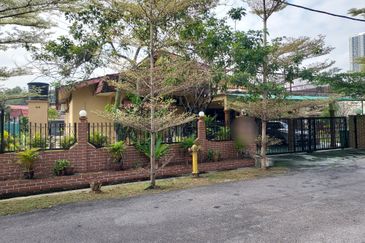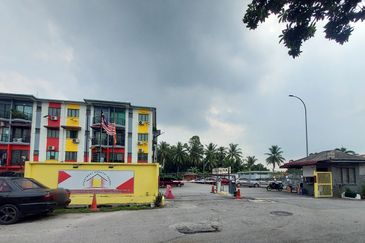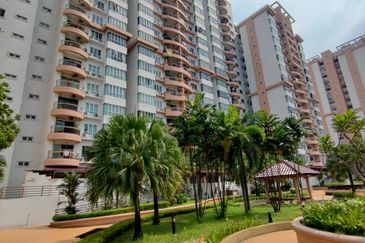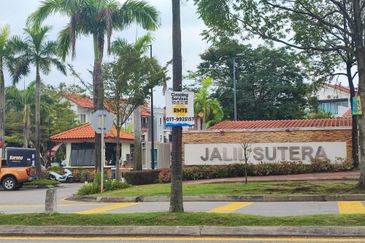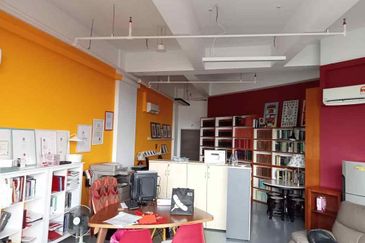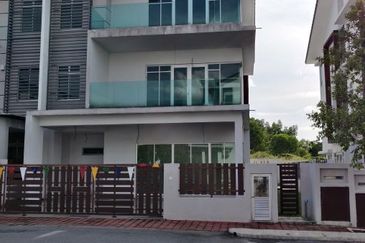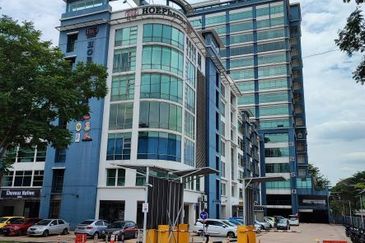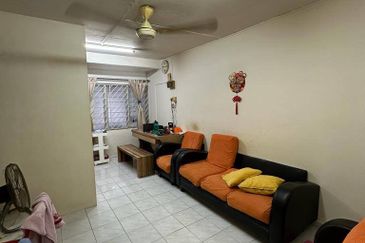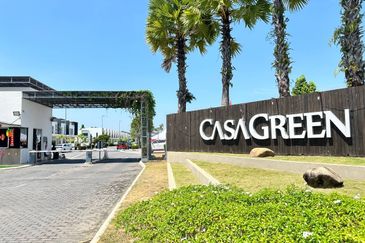KUALA LUMPUR (May 11): Fighting back against allegations The Maju Group got a sweetheart deal from the proposed sale of the Maju Expressway (MEX), executive chairman Tan Sri Abu Sahid Mohamed warned of grave repercussions to the bond market if the government does not allow the transfer of the highway to a new company.
Abu Sahid, the executive chairman of Maju Holdings Sdn Bhd, which constructed the 26km highway, said if the proposed transfer of the ownership of the MEX concession to EP Manufacturing Bhd (EPMB) is not allowed, it would effectively render all highway concessions non-transferable.
This, he said, would effectively mean that bondholders cannot take control of any highway they have financed if the concession agreement cannot be transferred.
"As a result, this may cause the bond market in this country to collapse and render the funding of any future infrastructure projects here impossible," he told The Edge Financial Daily in an interview on Thursday.
Last month, the Maju group proposed the sale of MEX, which runs between Kuala Lumpur and Putrajaya, to EPMB for RM1.7 billion. Among others, the transaction needs the approval of the Economic Planning Unit (EPU) for the changes in shareholdings.
The proposed exercise drew scathing remarks from the Opposition and key personalities because the highway was built with a government grant of RM976.71 million.
Even Tun Dr Mahathir Mohamad criticised the deal, saying "Maju group should not sell what they do not own". The concession agreement was signed in October 1997 when Mahathir was the prime minister, and the grant was also agreed upon by the government during his tenure.
Abu Sahid said he had already explained the proposed deal to the former PM, who had asked him to go public with the rationale for the corporate exercise and the reason for the government grant.
Abu Sahid explained that a total of RM1.65 billion was invested in the construction and development charges of MEX since 1997, including the government grant.
"The government grant was to keep toll rates low. The government wanted the toll rate to be low for the benefit of the people and civil servants working in Putrajaya. The toll rate for MEX is 15 sen per kilometre. This is one of the cheapest [highways] in the nation, and the rates are to be reviewed after five years compared with three years for other highways," he said.
The grant was to fund the elevated portion of the highway that stretches 13km over the densely populated areas of Jalan Loke Yew and Jalan Sungai Besi and to build the Putrajaya interchange that connects MEX and the Elite Highway.
Abu Sahid said the cost of constructing the elevated portion and the Putrajaya interchange came to RM1.2 billion, more than the grant disbursed by the government.
"It cost more than the government grant, and we were not given the extra," he said.
The grant was also for MEX to provide toll-free access to about 30,000 vehicles which use some stretches of the highway.
In the past few months, the EPU has approved the shareholding changes of several highways, such as the North South Highway (NSE) and the two highways connecting Kuala Lumpur to Kuantan. However, in both instances the EPU allowed for a shareholding change that came with a restructuring of the terms of the concession agreement.
The restructuring in the terms of the concession agreement came about after the government decided on a freeze of all toll rates since the March 2008 general election.
In the election, the Opposition gained unprecedented ground by capturing five states and denying the ruling government its two-thirds majority in Parliament. Since then, there has been an unspoken rule of not allowing toll rate hikes because it would be an unpopular move.
In the 2010 budget, Prime Minister Datuk Seri Najib Razak assured that toll rates for the NSE, the longest stretch of tolled highway in the country, will be maintained until 2015.
The highways connecting Kuala Lumpur to Kuantan are owned by the MTD Group while the NSE is owned by a joint venture between the UEM Group and the Employees Provident Fund (EPF).
TOP PICKS BY EDGEPROP
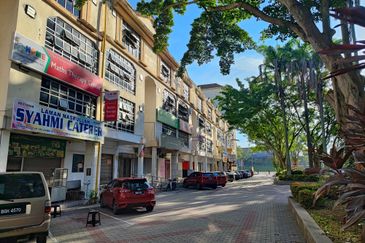
Nilai Square Commercial Center
Nilai, Negeri Sembilan

Pearl Villa Townhouse
Bandar Saujana Putra, Selangor

Taman Sri Endah
Bandar Baru Sri Petaling, Kuala Lumpur

Sungai Buloh Country Resort
Sungai Buloh, Selangor
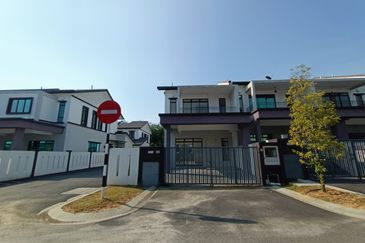
Taman Desa Bestari, Salak Tinggi
Sepang, Selangor

